Major parties vacate ‘systemic’ preventive health issue before election
Australia’s most well recognised independent health institutions say voters hoping for a medical system that prevents disease before it happens are left abandoned by the major parties.

The nation’s medical leaders say Labor and the Coalition should make preventing disease the cornerstones of their pre-election health policies instead of trying to boost up “distracting” and “shiny” urgent-care clinics.
After Health Minister Mark Butler signalled Labor would be unveiling changes to Medicare and urgent-care clinics in the lead-up to this year’s federal poll, the Australian Medical Association, the Royal Australian College of General Practitioners, Consumer Health Forum and Public Health Association of Australia slammed both parties for ignoring their pleas to tackle chronic health issues like diabetes and heart disease.
“We’ve got a systemic flaw in the way we fund health in Australia,” PHAA chief executive Terry Slevin said. “Wouldn’t it be great if one in every five announcements was about preventing people getting crook in the first place?”
“One of things we’re looking for is a commitment from both sides of politics to commit to the target of reaching $120 per capita being spent on public and preventive health.”
His call was backed by RACGP president Michael Wright’s appeal for GPs to lead the charge on community health.
“What’s needed is investment in preventive care by GPs, especially longer consultations that allow us to work with patients with chronic conditions and other health risks so they stay healthier for longer,” Dr Wright said.
CHF chief executive Elizabeth Deveny said better public health messaging would help more Australians avoid needing medical attention, and teach them how to navigate the system when needed.
“People are going to hospital sicker and later than ever because they can’t access the care they need, they’re not aware of the preventive care that they should take, or they’ve said they can’t afford it,” she said.
Current preventive health spending sits at less than $140 per capita and amounts to less than 2 per cent of the health budget.
“Rising demand for visits for chronic health problems are going to buckle the system, unless we can really refocus our efforts on prevention,” AMA vice-president Julian Rait said. “It should be possible to provide funding for initiatives for patients with specific chronic conditions, where GPs are remunerated for providing preventive care and trying to keep them out of hospital.”
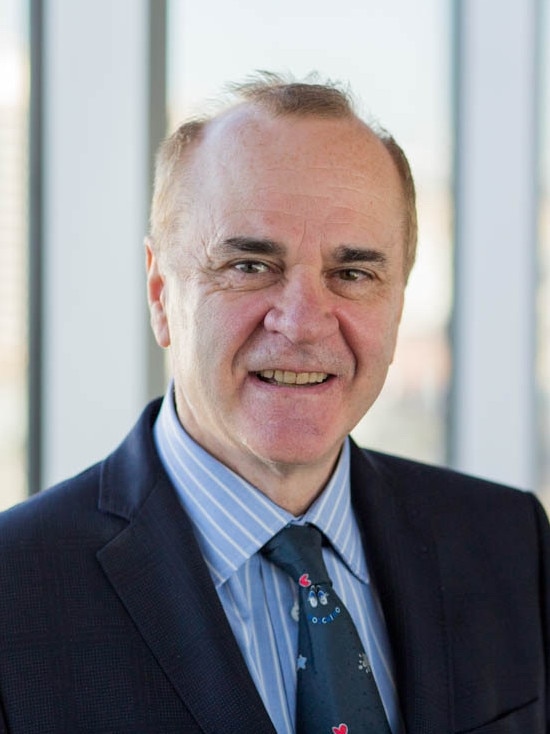
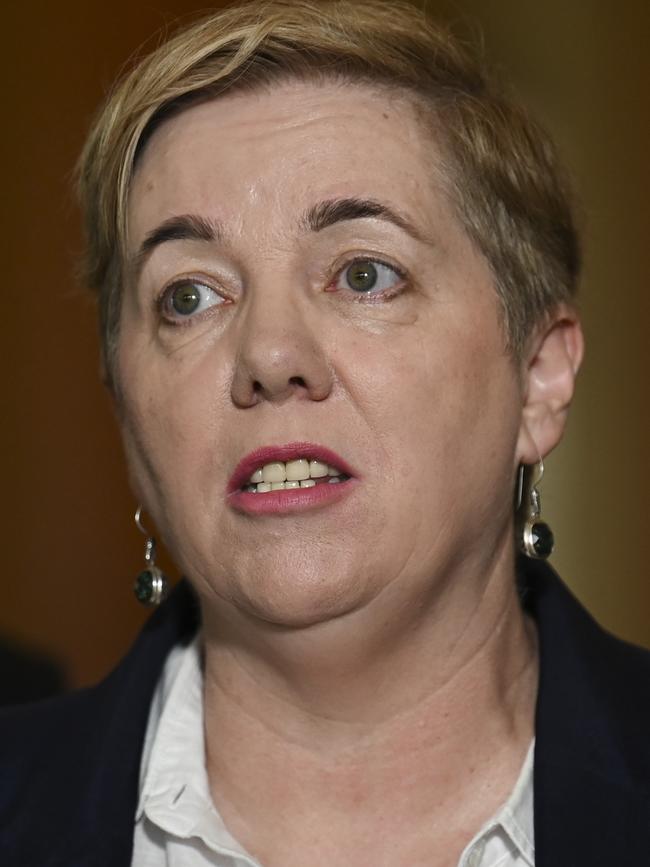
Urgent-care clinics give subsidised acute care and were offered up by the Albanese government as way to relieve pressure on GPs and emergency departments.
However, 2024 data estimated UCCs cost taxpayers almost four times as much as GPs per consultation at around $285 each, compared to about $65 for an ordinary GP visit.
“We wonder whether they represent value for money,” Associate Professor Rait said. “It’s a distraction. It might be convenient for people who live in those communities, but for many others who don’t have access to that, more support for their local general practice would probably be a more effective solution.”
He said UCCs were ineffective in addressing preventable and chronic conditions bleeding into emergency departments, the majority of which were better suited to ongoing treatment by a GP.
The RACGP has also historically been wary of UCCs, with former president Nicole Higgins describing them as “a bright, shiny toy for governments”.
In a press conference on Thursday, Health Minister Mark Butler outlined election priorities for Labor’s health portfolio, saying he was “focused on getting more doctors into the system”.
“We’re focused on more bulk billing, and we’re focused on more options for urgent care,” he said.
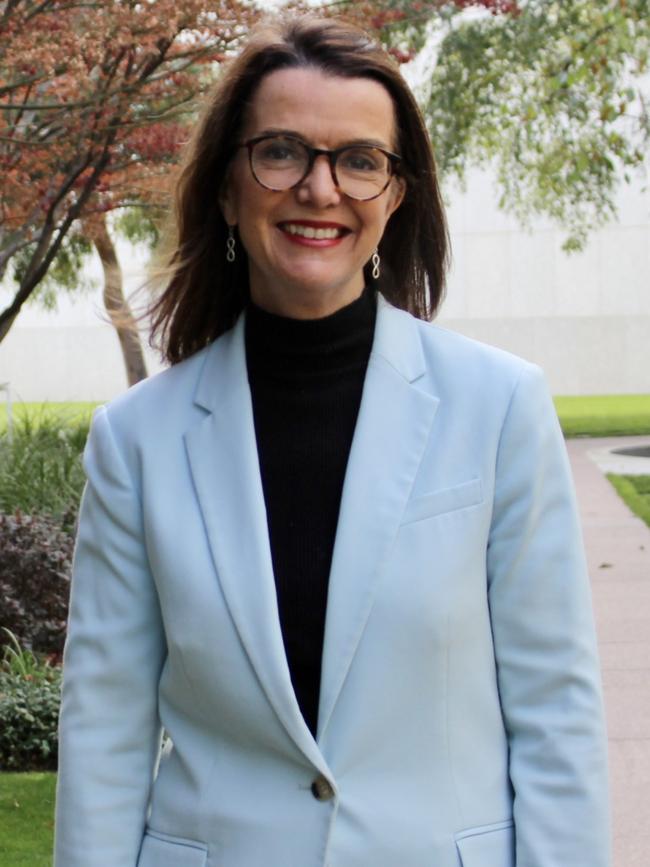
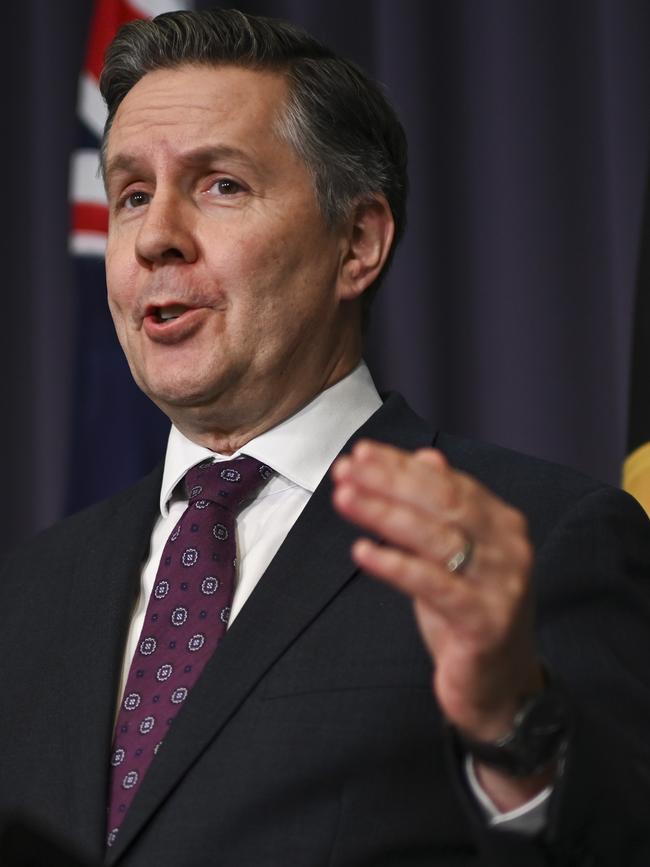
Mr Butler did not outline the policy in detail and instead took aim at Peter Dutton’s record on health policy: “We make no apology for pointing out that the Liberal Party has been opposed to the idea of Medicare as a universal health insurance system.”
Opposition health spokesperson Anne Ruston said Labor was “clearly reheating their disgraced Mediscare campaign in an attempt to distract from their failures”.
“The Coalition has already announced some key health policies that we will take to the next election, including doubling Medicare mental health support after it was ripped away from hundreds of thousands of vulnerable Australians by this government, and investing $400m to grow a strong pipeline of home-trained GPs,” Senator Ruston said.
“We are focused on how we can ensure all Australians have timely and affordable access to essential healthcare, and we will announce further investments in due course.”
Mr Butler was asked whether Labor would raise the GP bulk-billing incentive while transitioning from a rebate paid per appointment to offering yearly flat sums.
Advocates for such a change have previously argued it would dissuade GPs from offering short and ineffective consults and provide an incentive to guide patients through chronic health problems.
“I don’t think we’ll ever see a situation where there’s only annual payments and no fee for service, but I think we will see an increasingly blended future,” Mr Butler said.



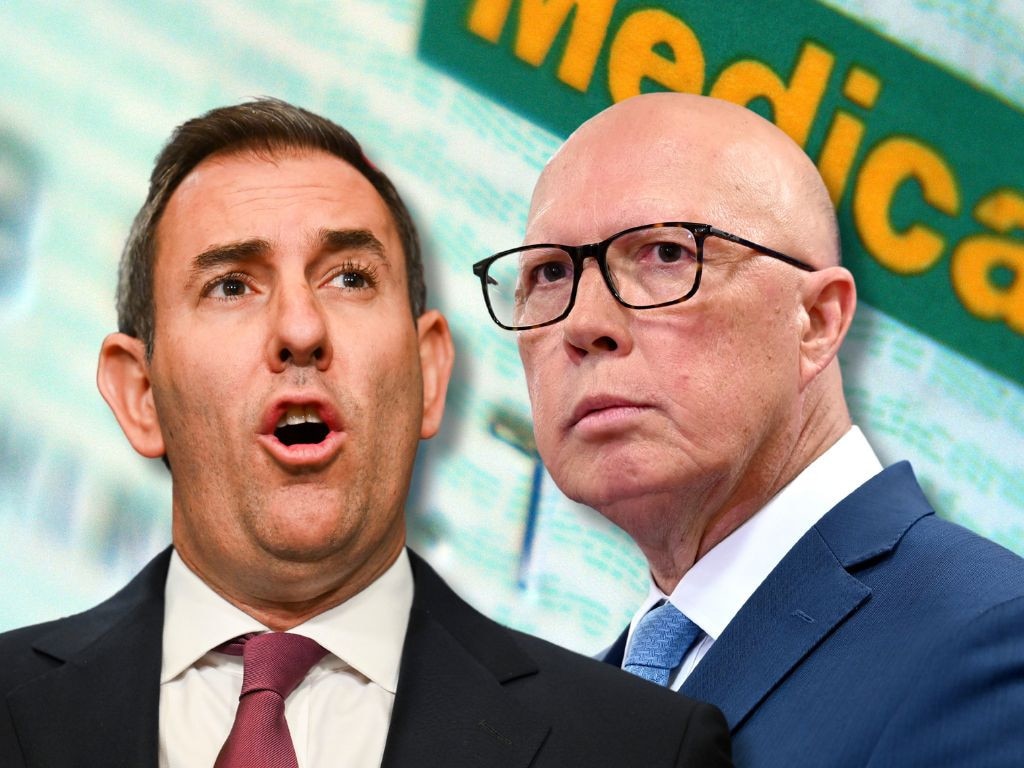


To join the conversation, please log in. Don't have an account? Register
Join the conversation, you are commenting as Logout